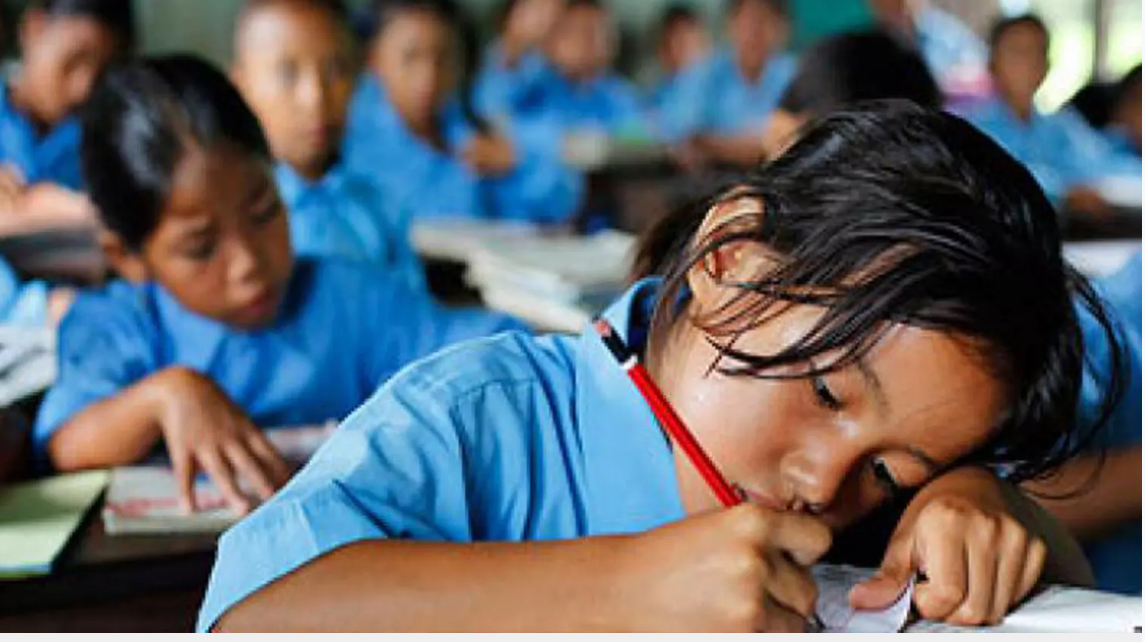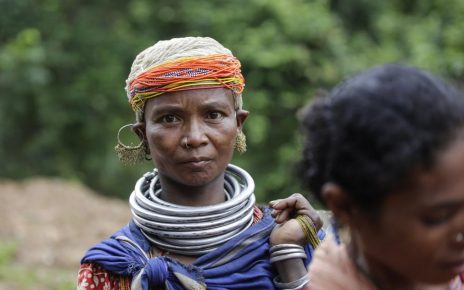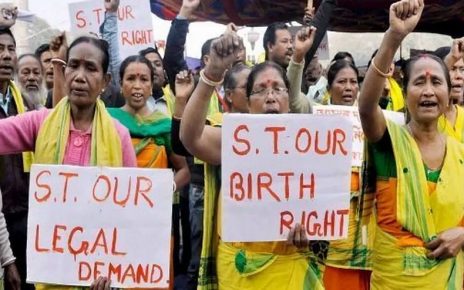The Sentinel
17/06/2020
Online classes have been seen as an effective means to disseminate education during the lockdown
Guwahati: The Indigenous Lawyers Association of India (ILAI) has filed a complaint to the National Human Rights Commission (NHRC) to ensure the fundamental right to education by ensuring the inclusion of the underprivileged sections of society including tribals, Dalits, forest dwellers and the poor in the online classes imparted by the schools during the COVID19 lockdown period. The tribal population in India as per the 2011 census is 10.43 crore, constitute about 8.6% of the total population and 89.97% of them live in rural areas.
The ILAI stated that since the lockdown was announced by Prime Minister Shri Narendra Modi from 25 March 2020, all the educational institutions including schools have been closed down across India and many schools have switched over to online classes via platforms like Zoom, Microsoft Teams, etc from Nursery to Class XII which was continued till the announcement of Summer Vacation by the end of May. But the majority of the tribal students across the country have been deprived of the online classes due to lack of internet access and smartphones/laptops.
“The right to elementary education is a fundamental right under Article 21-A of the Constitution and the Right of Children to Free and Compulsory Education (RTE) Act, 2009. As the schools switched over to online classes to benefit its students, the very purpose of online education is defeated as more than 50% of the country’s population do not have access to the internet and even where high-speed internet is available, the students belonging to the underprivileged sections of the society, such as the tribals, Dalits and the poor are not being able to attend the online classes due to lack of facilities such as smartphones/laptops with internet connectivity at home”, stated Dilip Kanti Chakma, president of the Indigenous Lawyers Association of India.
“The online classes are directly creating further inequalities and the gap in learning in the classrooms because of the failure of the appropriate Government to provide access to online education to all the students, particularly the SC/ST students”, stated Mr. Chakma.
The ILAI urged the NHRC to intervene in the matter so as to ensure that all the students are able to participate in the online classes to be continued right after the end of the summer vacation. In this regard, the ILAI also provided suggestions for the Governments/ parliamentarians and members of the legislative assembly/council which included (1) to provide uninterrupted 3G/4G internet services and uninterrupted power supply during the lockdown period to facilitate online learning; (2) Wherever internet has not reached, the state governments/UTs should have dedicated TV channels for online learning, including for vernacular medium; (3) Each state government/UTs should extend necessary support to tribal students and other underprivileged students to access digital tools such as smart phones and internet data and the Central Government may allocate funds for this purpose; (4) All MPs, MLAs/MLCs, and other elected representatives may use their Local Area Development Funds to help procure devices (namely smartphones) for students belonging to the Scheduled Tribes and other underprivileged students; (5) Study materials, lectures and video lessons developed by selected teachers/experts may be uploaded/telecast; and (6) Directive should be issued to schools/educational institutions to ensure accessibility of all the students to the school’s online teachings and provide the digital tools/devices to the underprivileged students of the school;
Their literacy rate was only about 59 percent in 2011, much below the national average of 73 percent. The tribals are mostly concentrated in the 8 North Eastern States and 5th Scheduled Areas in erstwhile Andhra Pradesh (including Telangana), Chhattisgarh, Gujarat, Himachal Pradesh, Jharkhand, Madhya Pradesh, Maharashtra, Odisha, and Rajasthan.




